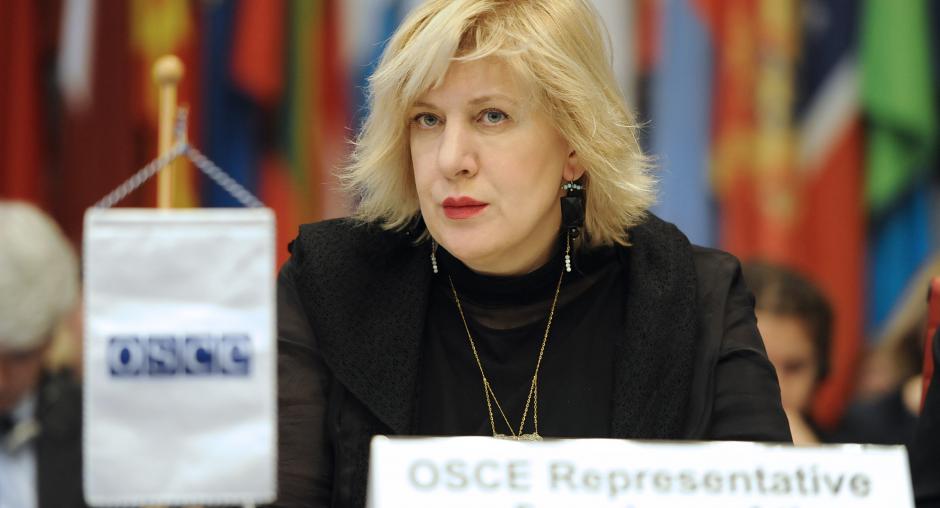Democratic governments must ensure media freedom and journalists’ safety, OSCE Representative urges Turkey

VIENNA, 21 July 2016 – The mass cancellation of broadcasting licenses, criminal investigations against, and dismissal of, hundreds of journalists at the state broadcaster, and blocked websites are the latest, severe challenges to freedom of expression and media freedom in Turkey, Dunja Mijatović, the OSCE Representative on Freedom of the Media, said today.
Fully aligning herself with the statement made by the Chairperson-in-Office and German Foreign Minister Frank-Walter Steinmeier, and OSCE Secretary General Lamberto Zannier on 16 July, strongly condemning any attempt to change the democratic order of Turkey through the use of force (statement available at www.osce.org/cio/254431), the Representative said:
“Democratically elected governments must be safeguarded, but they in turn must protect media freedom and support the role journalists play in ensuring and strengthening democracies,” Mijatović said. “Fully recognizing the difficult times that Turkey is going through, the authorities need to ensure media freedom offline and online in line with their international commitments.”
On 19 July, the Radio and Television Supreme Council of Turkey (RTÜK) cancelled the licenses of radio and television stations that allegedly support the Gulen movement. The following television channels are currently affected: STV, Samanyolu Haber, Samanyolu Haber Radyo, Can Erzincan TV, Kanal 124, Yumurcak TV, Hira TV, MC TV, Dünya TV, Kanal Türk, Bugün TV, Mehtap TV, Berfin FM, Kanal Türk Radyo, Burç FM, Samanyolu Haber Radyosu, Radyo Mehtap, Haber Radyo Ege, Dünya Radyo, Radyo Küre, Merkür TV, Esra Radyo, Tuna Shoping TV, and Radyo Anadolu.
“Using the full force of my mandate, I urge the authorities of Turkey to ensure that pluralistic debate, diverging views and safety of journalists are respected,” Mijatović said, adding that the deteriorating media freedom situation in Turkey have been subject to numerous interventions from her Office in the past few years (available at www.osce.org/fom).
Also on 19 July, the Ankara Public Prosecutor’s Office launched an investigation against 370 staff members of the state broadcaster TRT, for their alleged links to the Gulen movement.
Further, the Representative expressed concern about the rapidly growing number of blocked websites in Turkey. In the past few days, dozens of websites suspected for endangering national security and public order have been blocked. More than 112.000 websites are reported being blocked in the country today.
Mijatović noted with deep concern reports about death threats being made in social media against journalists critical to the authorities, and emphasized the importance of journalists’ safety. She also recalled warnings in several major media outlets announcing the possible arrests of members of the media on terrorism charges. She said that Turkey holds more journalists in prison than any other OSCE participating State – a fact her Office continuously raises attention to, by regularly publishing a detailed table on imprisoned journalists.
“Freedom of expression does not stop at views deemed appropriate by the government,” Mijatović said. “It remains the role of journalists to inform people of public issues, including highly sensitive ones, and it remains the role of the authorities to ensure that journalists can do so freely and safely.”
The Representative offered the continued assistance and expertise of her Office to the authorities in Turkey ensuring that media freedom and freedom of expression are protected, even under difficult circumstances.
The OSCE Representative on Freedom of the Media observes media developments in all 57 OSCE participating States. She provides early warning on violations of freedom of expression and media freedom and promotes full compliance with OSCE media freedom commitments. Learn more at www.osce.org/fom, Twitter: @OSCE_RFoM and on www.facebook.com/osce.rfom.
